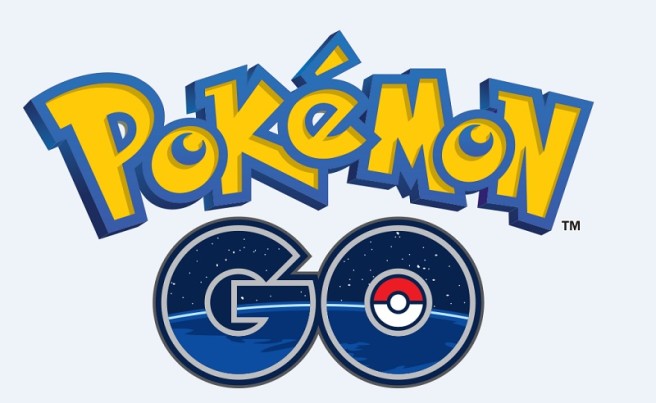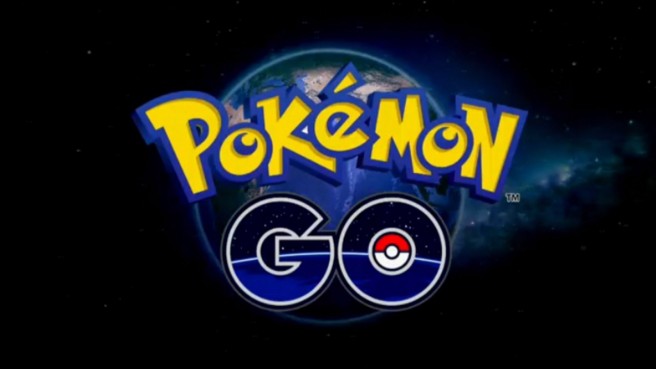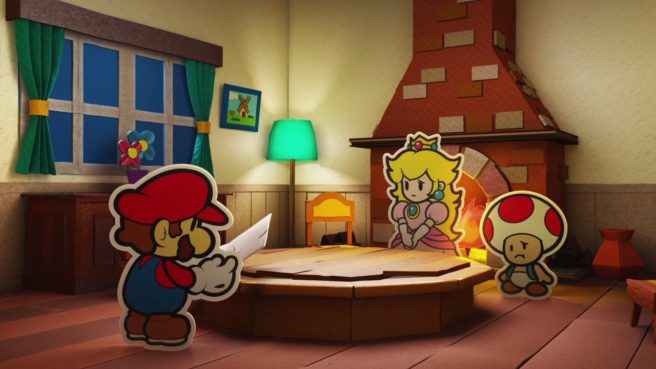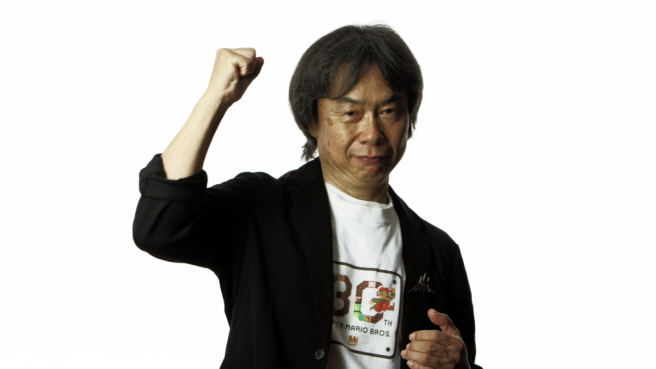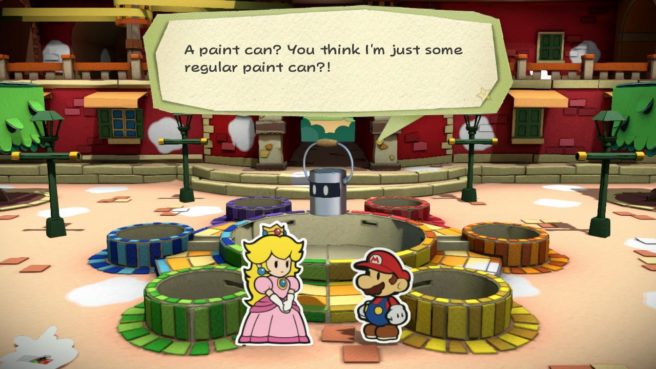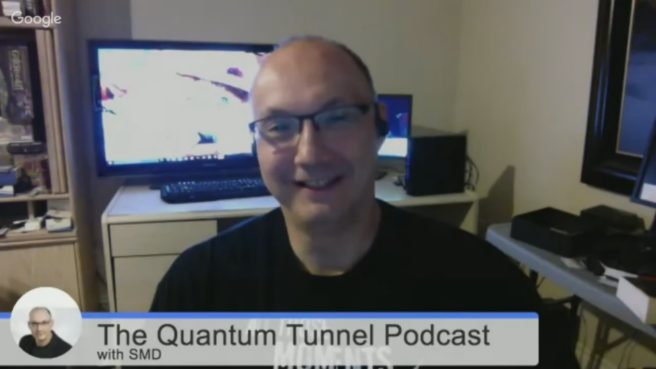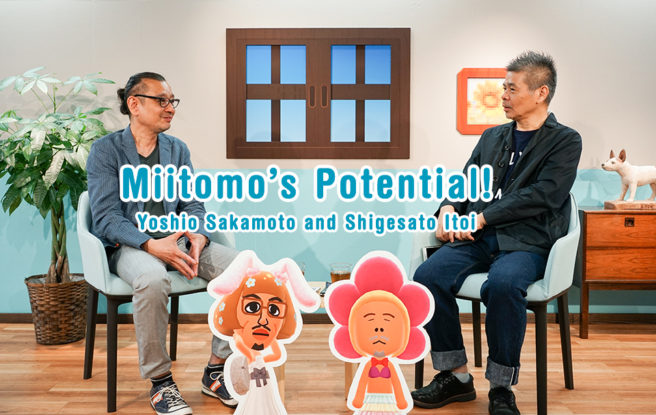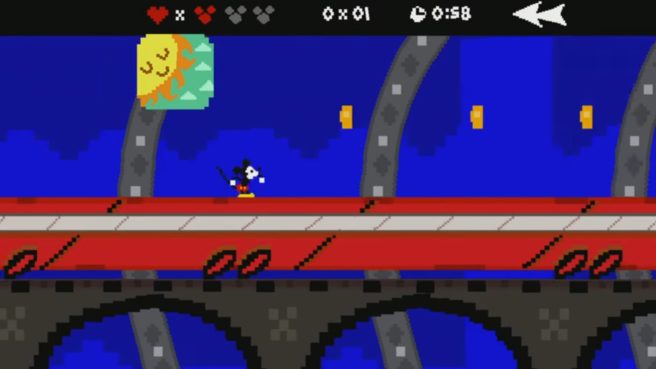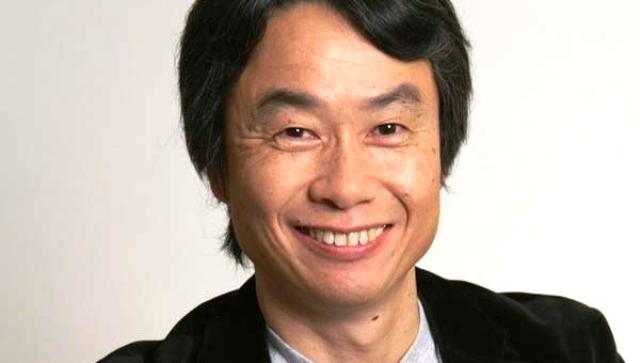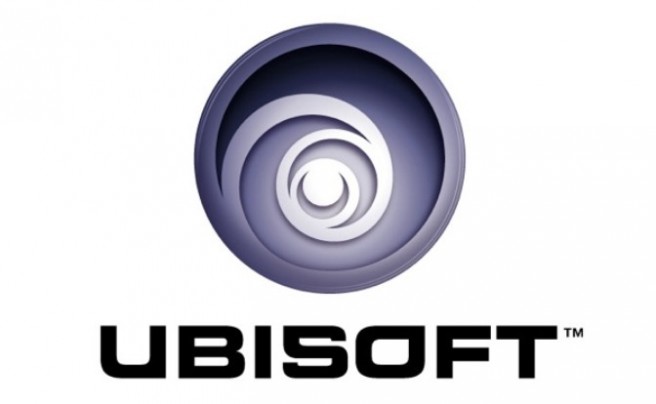Niantic talks Pokemon GO – how it’s decided which Pokemon appear where, safety, more
Posted on 9 years ago by Brian(@NE_Brian) in Mobile, News | 13 Comments
A few hours ago, Mashable published a new article about Pokemon GO. The piece contains commentary from John Hanke, CEO of developer Niantic.
While speaking with the site, Hanke touched on topics like how it’s determined which Pokemon appear where, safety, and more. You can find these responses after the break. For more from Hanke, check out the original peice here.
More: interview, John Hanke, Niantic, Pokemon GO, top
Niantic talks about what’s to come for Pokemon GO
Posted on 9 years ago by Brian(@NE_Brian) in Mobile, News | 17 Comments
Pokemon GO only just came out a few days ago. Of course, new features will be added to the game over time.
One feature Niantic will be interested in bringing in the future is trading, which company CEO John Hanke acknowledged as a “core element.” It’ll tie into the app’s virtue of players interacting with each other in virtual and real worlds.
Aside from that, Tech Insider reports that other new elements planned include more ways to play with Pokestops and Gyms. Currently, Hanke stated that they’re only in Pokemon as “very most basic versions”, though in the future, it’ll be possible for players to “customize their functions in other ways.” Niantic is also working on a global leaderboard so that players can see who’s the top trainer.
That’s not all though. Improvements are also on the way for the AR technology. Hanke said what’s currently in the app is “great first step,” but there’s more they can do. Regarding Pokemon GO on dedicated AR devices, Hanke teased: “That may be a fun thing to take advantage of.”
More: interview, John Hanke, Niantic, Pokemon GO, top
Paper Mario: Color Splash producer believes the game’s story could make you cry
Posted on 9 years ago by Brian(@NE_Brian) in News, Wii U | 52 Comments
In E3 interviews, Paper Mario: Color Splash producer Risa Tabata has stressed the importance of story in this new title. That’s something Intelligent Systems is focusing on quite a bit, including the humor. Tabata also told Eurogamer that once you’ve completed the story, “you’ll probably cry.”
Miyamoto on development – making games special, uniqueness, controls, younger devs, more
Posted on 9 years ago by Brian(@NE_Brian) in General Nintendo, News | 122 Comments
A lot of the interviews with Shigeru Miyamoto coming out of E3 this year were very game specific – in particular focusing on Zelda: Breath of the Wild. That makes sense given how big of a title it is for the company, but Kotaku went in a bit of a different direction with its discussion.
While speaking with Miyamoto, the site wanted to find out how Nintendo makes games – what goes into making them special, what makes them unique, what their core is. Miyamoto also went in-depth with Bill Trinen on controls, and also talked about topics like sound effects and advice for younger developers. Of course, some talk about Zelda: Breath of the Wild was sprinkled in as well.
Head past the break for some interview excerpts. You can find the full talk here.
More: interview, Shigeru Miyamoto, top
Nintendo on Paper Mario: Color Splash’s story, hold more cards than Sticker Star, optional hints
Posted on 9 years ago by Brian(@NE_Brian) in News, Wii U | 63 Comments
The game may also have more story than Sticker Star, a game that was seemingly stripped of its narrative by generally beloved Nintendo design guru Shigeru Miyamoto, who other Nintendo developers said had suggested that game be as story-light as possible. Reminded of that comment, Tabata said,
At E3, Kotaku spoke with Nintendo producer Risa Tabata about Paper Mario: Color Splash. When the topic of story came up and how much plot the game will feature compared to Sticker Star, she said:
“This time we have–I don’t know if I want to say a proper story–but we have a story (laughs). It starts from kind of mysterious opening.. You’re not sure what is going on, and as you go through the story, you’ll realize, oh this is what happens. And there’s a lot of interesting stuff that happens with you and Huey.”
Tabata also said that Color Splash lets players carry 99 cards. That’s “a bit more than Sticker Star”, where you were more limited with the number of stickers that could be held. And as a response to criticism from the last game: “to make it a lot easier this time, we’ve put a lot of hints in the game.” Hints are optional, and will be shared by asking partner character Huey (the paint can) for advice.
Denis Dyack on Shadow of the Eternals, working with Miyamoto/Iwata, NX excitement, more
Posted on 9 years ago by Brian(@NE_Brian) in General Nintendo, News, Switch | 4 Comments
Eternal Darkness creator Denis Dyack spoke with YouTube user SuperMetaldave64 in a new podcast published today. Dyack gave an update on the Shadow of the Eternals project, his experience working with Shigeru Miyamoto and Satoru Iwata, his excitement for NX, and more.
Here are a few excerpts:
On Shadow of the Eternals…
“There’s likely to be some announcements in the not-too-distant future. When we actually do it, I can’t say at this point, but I do think that there’s going to be a couple of shockers coming. I’m really looking forward to seeing what the responses are. We’re really excited. And remember as well, our company we’re not just doing games, so we’re pairing with television and film as well so it’ll be a myriad of things coming out on some of the things that we’re doing. It’s going to be very different.”
Parts 3 and 4 of the Miitomo interview with Shigesato Itoi now available
Posted on 9 years ago by Matt(@OnePunchMaz) in Mobile, News | 0 comments
We previously reported on an interview about Miitomo between Earthbound creator Shigesato Itoi and Miitomo producer Yoshi Sakamoto. The interview is split into multiple parts – a total of 6 will be released. Parts 3 and 4 are now available here.
Source
More: interview, Miitomo, Shigesato Itoi, Yoshio Sakamoto
Miyamoto on the Mario homage in Disney’s 2013 Mickey Mouse short
Posted on 9 years ago by Brian(@NE_Brian) in General Nintendo, News | 5 Comments
A few years ago, Disney came out with a new Mickey Mouse short that has the famous character making his way through Tokyo. For a brief couple of moments, there’s a scene that pays homage to Mario with classic sound effects and all.
Game Informer decided to ask Shigeru Miyamoto about the short at E3 last month. He hadn’t seen it, nor did he know about its existence at all. After looking at the video, he did say, “Is copyright an issue for them to use our sounds? [Laughs] It’s very flattering. We finally got a cameo together.”
Ask Game Informer said that this meant Mickey Mouse could be used in one of his games, Miyamoto shook his head and responded, “They are very strict. [Laughs].”
We’ve posted the full Mickey Mouse short below for those that are interested. The Mario homage comes in at the 2:25 mark.
More: Disney, interview, Mario, Shigeru Miyamoto
Shigeru Miyamoto, Bill Trinen on the Wii U games that should be given a second look
Posted on 9 years ago by Brian(@NE_Brian) in News, Wii U | 144 Comments
Shigeru Miyamoto and Bill Trinen, senior product marketing manager of Nintendo of America, both weighed in on the Wii U games that should be given a second look while speaking with Game Informer.
Miyamoto was up first. His choice? Star Fox Zero.
About Star Fox Zero, Miyamoto had this to say:
“I think personally Star Fox is a really fun game if you sit down a play it. I think, for example, an elementary school kid who plays it without any preconceived notions, I think it would be really fun for them. I think it’s also really, really fun for siblings to play it together.”
Bill Trinen had a different pick. He went with Pikmin 3, which he feels is “the most amazing game on Wii U” and has one of the best new multiplayer mode.
More: Bill Trinen, interview, Pikmin 3, Shigeru Miyamoto, Star Fox Zero, top
Ubisoft CEO on supporting NX, shift in Wii U strategy
Posted on 9 years ago by Brian(@NE_Brian) in News, Switch, Wii U | 60 Comments
Ubisoft EMEA boss Alain Corre recently shared some words about the NX, stating that the console could “recapture a lot of the lapsed Wii players.” Yves Guillemot, CEO of the company, has since weighed in on the new platform as well.
When asked by Game Informer if Ubisoft will be present during NX’s launch window, Guillemot responded:
“You can expect we’ll support Nintendo. Nintendo is one of the best partners in the world.”
